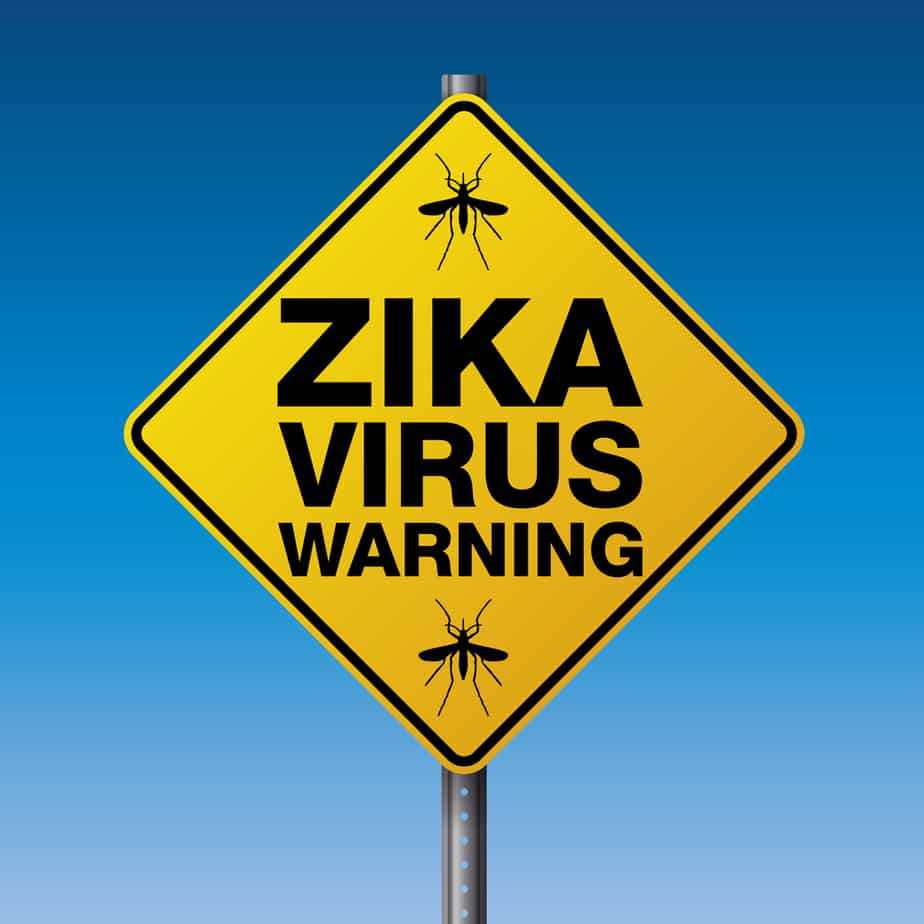
You may have heard on the news about a new virus called Zika. It is a viral infection that is transmitted in a mosquito-to-human-to-mosquito cycle. This virus first appeared in Brazil in May 2015 and has quickly spread through many South and Central American countries as well as Mexico and the Caribbean. There have already been many confirmed cases of the infection in the USA in people returning from Latin American countries. We have even had a case in Minnesota.
The symptoms of the virus are often mild and can include fever, rash, joint pain and conjunctivitis (pink eyes) that last a few days to a week. Signs of infection may start about 2-7 days after the mosquito bite. The greater concern is if a pregnant woman gets the infection, her baby may develop a congenital brain anomaly called microcephaly. Only about 20% of infected people will actually have symptoms.
As of yet, there is no vaccine or specific treatment for this infection. Because of the geographic distribution of this infection and symptoms, there is some overlap with Dengue fever so Aspirin and other NSAIDS should be avoided. Fever should be treated with Acetaminophen.
The good news is that Zika is not easily transmitted person to person, except rarely by blood and sexual transmission. However, usual personal protection equipment is still necessary. EMTs should ask anyone with symptoms suggestive of Zika about recent travel to countries known to have mosquitos carrying the virus. Also for female patients of childbearing age, remember to ask about last menstrual period. Generally, treatment is supportive. Patients suspected of having the virus should be protected from further mosquito bites until recovered from the infection to prevent spread of disease.

